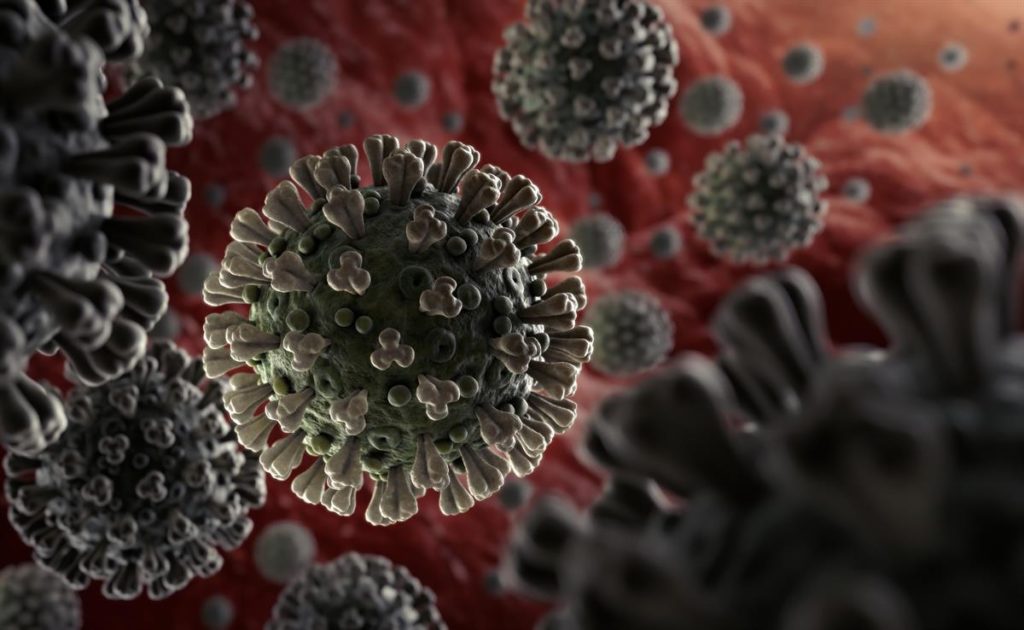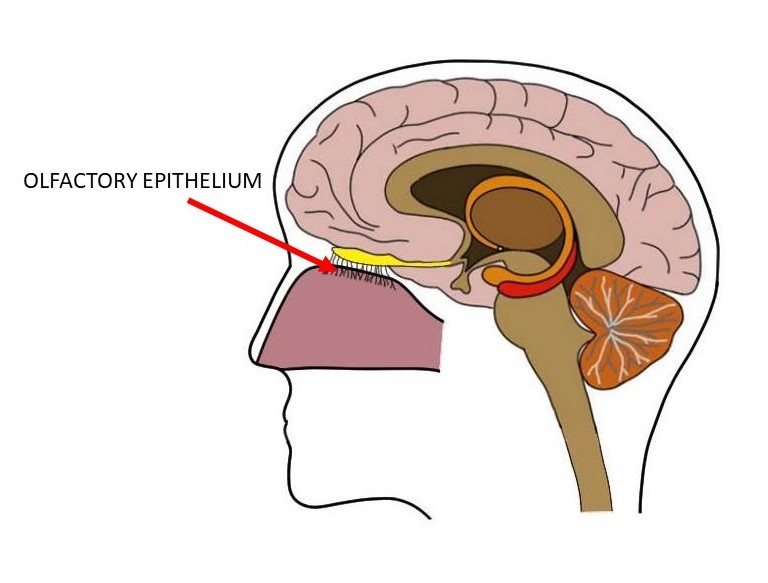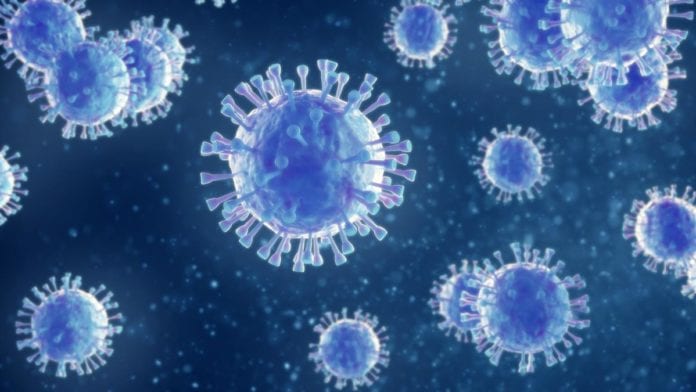The global Coronavirus pandemic has infected millions of lives across the world and has claimed the lives of thousands. With extensive studies being conducted on the virus, a lot of symptoms have been associated with the onset of it, one of which, is the loss of sense of smell.
This condition is known as anosmia, or Olfactory Dysfunction(OD), and has been considered one of the main symptoms especially in the early onset of the virus, before respiratory symptoms may appear. This paper provides a guide for testing olfactory function.

The problem with anosmia is that it is an important component of many conditions like a common cold, a sinus infection, and is also visible in early-stage Alzheimer’s and Parkinson’s diseases, or can simply be caused due to ageing. So it might be a helpful symptom to suspect infection in the midst of a pandemic, and suggest for an elimination test, but it’s not by itself, a diagnosis of the disease.
For researchers, this symptom gives an important clue in understanding how the virus infects the host, and the exact parts affected by it. Like the SARS virus, the novel coronavirus uses the angiotensin-converting enzyme 2 (ACE2) receptor to gain entry to cells via binding with the spike protein.
It also appears to need TMPRSS2, a protease, to help prime the spike protein in the process of gaining entry to cells and a few other proteins. So the virus infiltrates cells which are rich in the above enzymes, in order to use their machinery to replicate.

ACE2 and TMPRSS2 are abundantly found in cells of the nose, throat and upper bronchial airways. In the nose and in the Olfactory Sensory Epithelium (OSE), the group of cells which maintain the health of the olfactory sensory neurons, it occurs in high levels. There is no direct evidence of the virus attacking the neurons directly, that would have led to the loss of smell.
The quick restoration of smell in recovered patients also suggests that the peripheral cause of anosmia, does not kill the sensory neurons. The neurons regenerate with time, but the process is slow, and it takes about 30 days or more. So the restoration of sensation of smell should be gradual in the case of nerve cell death.
While the origin of the virus and the effects of it still remain a mystery to us and as the world struggles to fight and adapt to the ‘new normal’, the loss of smell, certainly provides useful insights to scientists, and can help us understand and fight the virus better in the future.
For Further Reading:



I was diagnosed of PARKINSON DISEASE six years ago, the medications I was given helped but my health was fast deteriorating. I was introduced to HERBAL HEALTH POINT and their effective PD treatment protocol in February last year. I immediately started on the herbal treatment, it relieved my symptoms significantly. Go to ww w. herbalhealthpoint. c om. First month on the treatment, my tremors and muscle spasm mysterious stopped, had improvement walking. Since treatment, I have been symptom free and life is really good